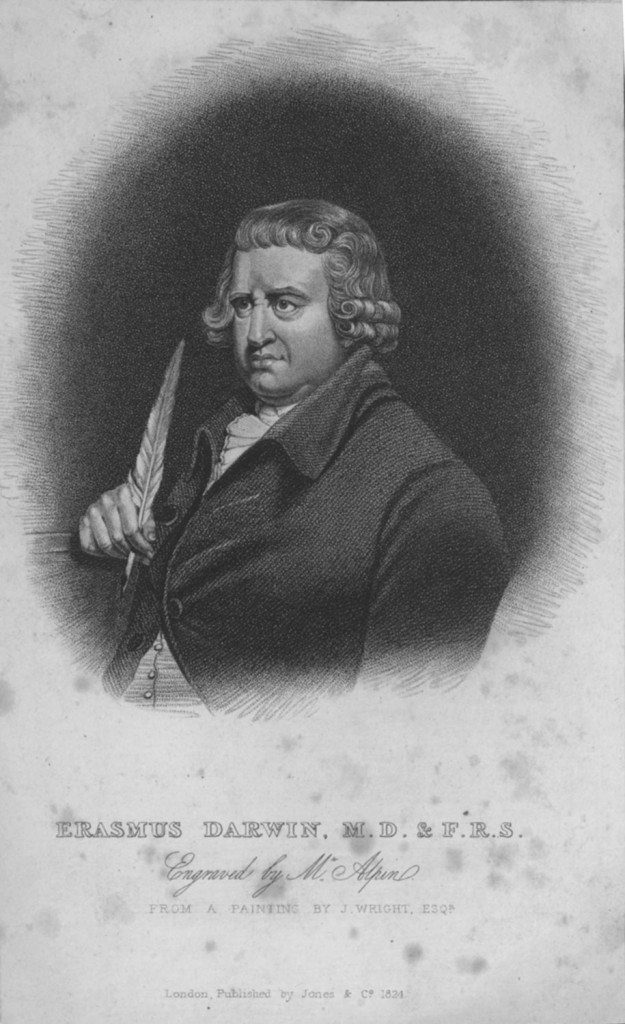The Lunar Society and Education
Image: Dr Erasmus Darwin, doctor, scientist and poet and friend of Priestley in the Lunar Society. His Plan for the Conduct of Female Education in Boarding Schoolsreflected contemporary interest in the education of middle-class girls.
Image from: Local Studies and History, Birmingham Central Library
In opposition to traditional educationalists, Lunaticks positively rejoiced in science and technology, wanting to harness nature for the use of humanity. They were humane in intent, for example, they were anti-slavery despite the fact that the profits of Birmingham business, which was so important to Boulton especially, were bound up with the slave-trade. The coins and medals struck at Soho by Boulton and Wedgwood’s cameos20 for the anti-slave trade campaign demonstrated the liberal, reforming impulse so richly exemplified by Priestley.
The revolutionary nature of this must be emphasised. Science, however interesting as entertainment, was usually dismissed in traditional education as merely a hobby for amateurs, a study for classes below the rank of ‘gentlemen’. But the Lunaticks and their friends were those who were turning Britain into the first modern industrial nation and were positive that the leaders of the future would come from those who had mastered the sources of knowledge which had changed the world. This, together with literary excellence and moral development formed a “truly liberal education”21 and, in turn, would forge a new type of gentleman – enterprising, open to new ideas, tolerant, humane, liberal and civic-minded in contrast to what they saw as privileged, duelling, pleasure loving selfish aristocrats. This was a middle-class emphasis but the type of education could hopefully be translated to all.
20 See examples at Soho House.
21 Priestley, “Miscellaneous Observations”, 185-95, 206-18, passim; “History”, 5,22,311-17,403-15,471-5; “Electricity”, 345; “Experimental philosophy”, 389; “Proper objects”, 420-1; Autobiography of …, (Bath, 1970; 1st ed. 1806) , 88-9.
Continue browsing this section
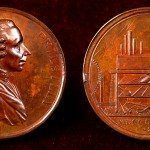 Joseph Priestley and his Influence on Education in Birmingham
Joseph Priestley and his Influence on Education in Birmingham
 Priestley’s Educational Philosophy
Priestley’s Educational Philosophy
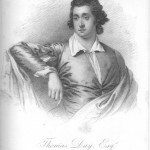 The Lunar Society and Education
The Lunar Society and Education
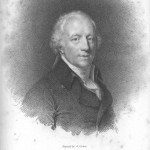 The Lunar Society and Education
The Lunar Society and Education
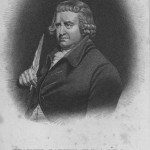 The Lunar Society and Education
The Lunar Society and Education
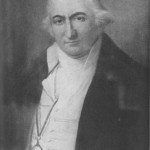 The Lunar Society and Education
The Lunar Society and Education
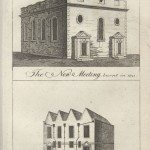 Birmingham: Priestley’s Educational Inheritance
Birmingham: Priestley’s Educational Inheritance
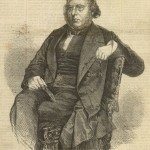 From Priestley to the Hills
From Priestley to the Hills
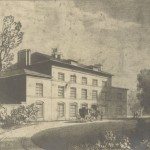 A “Modern” Education
A “Modern” Education
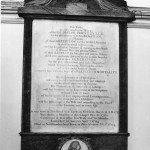 Liberalism and an Educative Society
Liberalism and an Educative Society
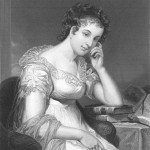 Women’s Education and Emancipation
Women’s Education and Emancipation



